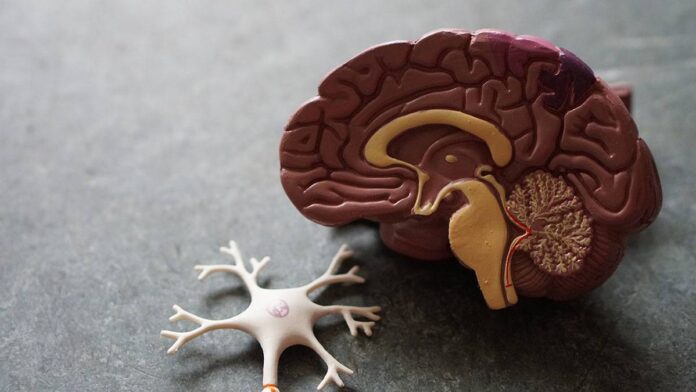Хвороба Альцгеймера, нейродегенеративне захворювання, яке впливає на пам’ять, мислення та поведінку, є однією з найбільш вивчених, але й однією з найбільш загадкових хвороб нашого часу. Протягом багатьох років вчені зосереджувалися на пошуку конкретних причин та лікування цієї недуги, але дотепер успіхи були обмеженими. Нещодавно, на фоні невдач у попередніх дослідженнях, наукова спільнота розглянула необхідність нового підходу до боротьби з цією хворобою.
Одним із головних факторів, що спричиняє зміну підходу, є визнання складності та різноманітності процесів, які лежать в основі розвитку хвороби Альцгеймера. Вчені відзначають, що це захворювання має мультифакторний характер, який включає генетичні, епігенетичні, середовищні та інші чинники. Такий підхід дозволяє розглядати хворобу Альцгеймера як комплексний процес, який потребує більш глибокого розуміння та більш широкого спектру втручань.
У процесі пошуку ліків від хвороби Альцгеймера вчені часто натикаються на різноманітні перешкоди, а суперечки та дебати навколо їхніх цих спроб часто затьмарюють прогрес. Нещодавно було порушено питання про підвалини багатьох подібних наукових робіт, зокрема про роль білка мозку під назвою бета-амілоїд, що лежить в основі суперечливого препарату адуканумабу. Незважаючи на значні зусилля, акцент на бета-амілоїді поки що не призвів до прориву в лікуванні, що привело вчених до розгляду хвороби під іншим кутом, пише ScienceAlert.
В Інституті мозку імені Крембіла в Торонто дослідники запропонували новий підхід до вивчення хвороби Альцгеймера: від хвороби, зосередженої на мозку, до хвороби, коріння якої сягає нашої імунної системи. Команда вчених, спираючись на результати трьох десятиліть досліджень, вважає, що хвороба Альцгеймера може бути викликана не аномаліями мозку, а дисфункцією імунної системи всередині нього. Вони припускають, що бета-амілоїд, замість того щоб бути шкідливим побічним продуктом, відіграє вирішальну роль в імунній відповіді мозку. Але проблема криється в тому, що він помилково вражає клітини мозку через їхню схожість із бактеріальними клітинами, що призводить до прогресуючого зниження когнітивних здібностей, характерного для хвороби Альцгеймера.
Ця аутоімунна теорія хвороби Альцгеймера розглядає захворювання як осічку імунної системи мозку, відкриваючи нові можливості для застосування додаткових методів лікування, крім звичайних ліків, які застосовують за інших аутоімунних захворювань. Складність мозку й унікальна роль бета-амілоїду в імунній регуляції дали змогу припустити, що вплив на інші імунні шляхи може стати ключем до розроблення ефективних ліків, каже Дональд Вівер, професор хімії та директор дослідницького інституту Крембіла і прихильник цієї теорії. Цей погляд не тільки кидає виклик усталеним парадигмам, а й дає надію в царині, яка відчайдушно потребує інновацій і прогресу.
У той час як світове співтовариство бореться з кризою хвороби Альцгеймера, що загострюється, поява різних теорій наголошує на нагальній необхідності розширення нашого розуміння природи цього захворювання. Чи то вивчення ролі мітохондрій, інфекцій або дисбалансу металів, чи то прийняття ідеї про те, що хвороба Альцгеймера — це аутоімунне захворювання, пошук рішень триває як ніколи активно, і це дуже важливо в поточній обстановці. З деменцією живуть понад 50 мільйонів людей, і це чинить величезний вплив як на окремих людей і сім’ї, так і на суспільство, і системи охорони здоров’я. Пошук нових теорій, підходів і методів лікування — це не тільки наукове завдання, а й суспільний обов’язок, що дає проблиск надії перед обличчям надскладної проблеми для людей, які її потребують та зіткнулися з нездоланним захворюванням.


